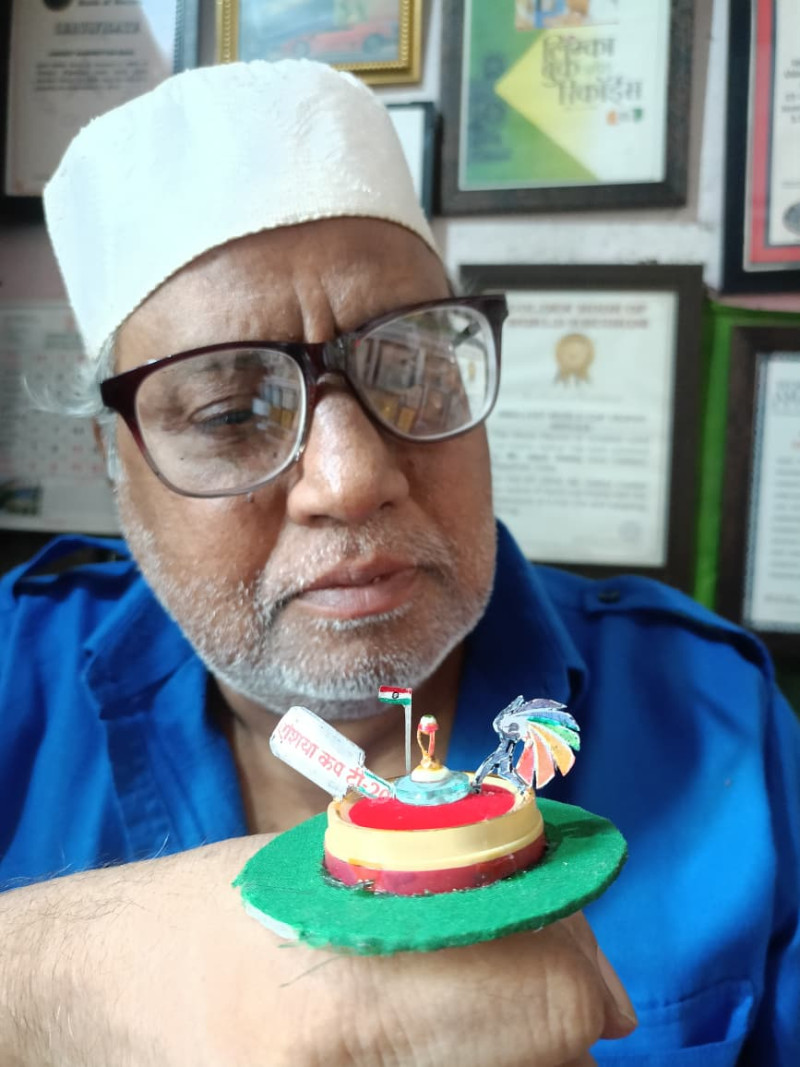Amidst the Karnataka government's decision to replace eggs with soy chunks in three government hospitals, doctors and nutritionists stress that soy is not only a safe alternative but, in many ways, better suited for patients' health.
"Soy is one of the richest plant proteins we have, with nearly 40 percent of the bean being protein," said Dr. Prathima Kini, Lifestyle Medicine Physician and Pathologist, Co-Chairperson of the Physicians Association for Nutrition (PAN) India, Bengaluru City Chapter. "Unlike eggs, it also comes with fibre, healthy fats, calcium, and iron. For someone recovering from surgery or illness, this combination is excellent. You are not just giving protein; you are also giving nutrients that help heal faster and keep the heart healthy."
The doctors point out that soy is a "complete protein," meaning it has all the amino acids that the body needs. "People often think plant proteins are second grade, but soy is different," explained Dr. Prathima. "Its quality and digestibility are very close to eggs, and its added advantage is that it has no cholesterol and very little fat. For patients with diabetes, heart disease, or obesity, which make up a large section of our hospitals, soy is actually the safer choice."
Dr. Prathima also said that in many countries, soy is a regular part of meals. These include Japan, China, and even the US, where it is used regularly. "People there live longer, with lower heart disease rates. We should not think of soy as alien to our diet."
Experts also emphasised affordability and sustainability factors. "Soy chunks are cheap, store well, and can be added easily to Indian meals. An egg gives about 6 grams of protein, but a small serving of soy chunks gives nearly double that," said Dr. Veena Acharya, Gynaecologist, Fetal Medicine Specialist, and Lifestyle Medicine Physician, Bengaluru. "And because they also provide fibre, they support digestion and gut health something eggs cannot do."
"In our daily practice, we see a lot of women struggling with anaemia and weak bones. Soy naturally provides iron and calcium, and helps prevent anaemia while also supporting bone strength. For women, especially those who cannot afford expensive supplements, this is a simple and safe nutrition option," said Dr. Acharya.
Before taking any such decisions on public health issues, Physicians Association for Nutrition (PAN) doctors insist the larger picture must not be lost. "We should ask: what food helps patients recover best, at the lowest cost, and without harming long-term health," said Dr. Prathima. "On all these counts, soy deserves a fair chance."
Another issue doctors and nutritionists raise is safety. "There is a myth that soy is harmful, especially for men, because of hormones," said Dr. Sandhya Ravi, Breast Surgeon and Managing Director of Prameya Health Private Limited, Bengaluru. "But that is not true. Large studies have shown soy is completely safe. In fact, it may even lower the risk of certain cancers and improve bone health."
Dr. Sandhya further said that for women and children, soy is especially useful. "It has iron and calcium, which help prevent anaemia and strengthen bones. In government hospitals, these are exactly the groups we need to support most."
.-the-scene-i.webp)

